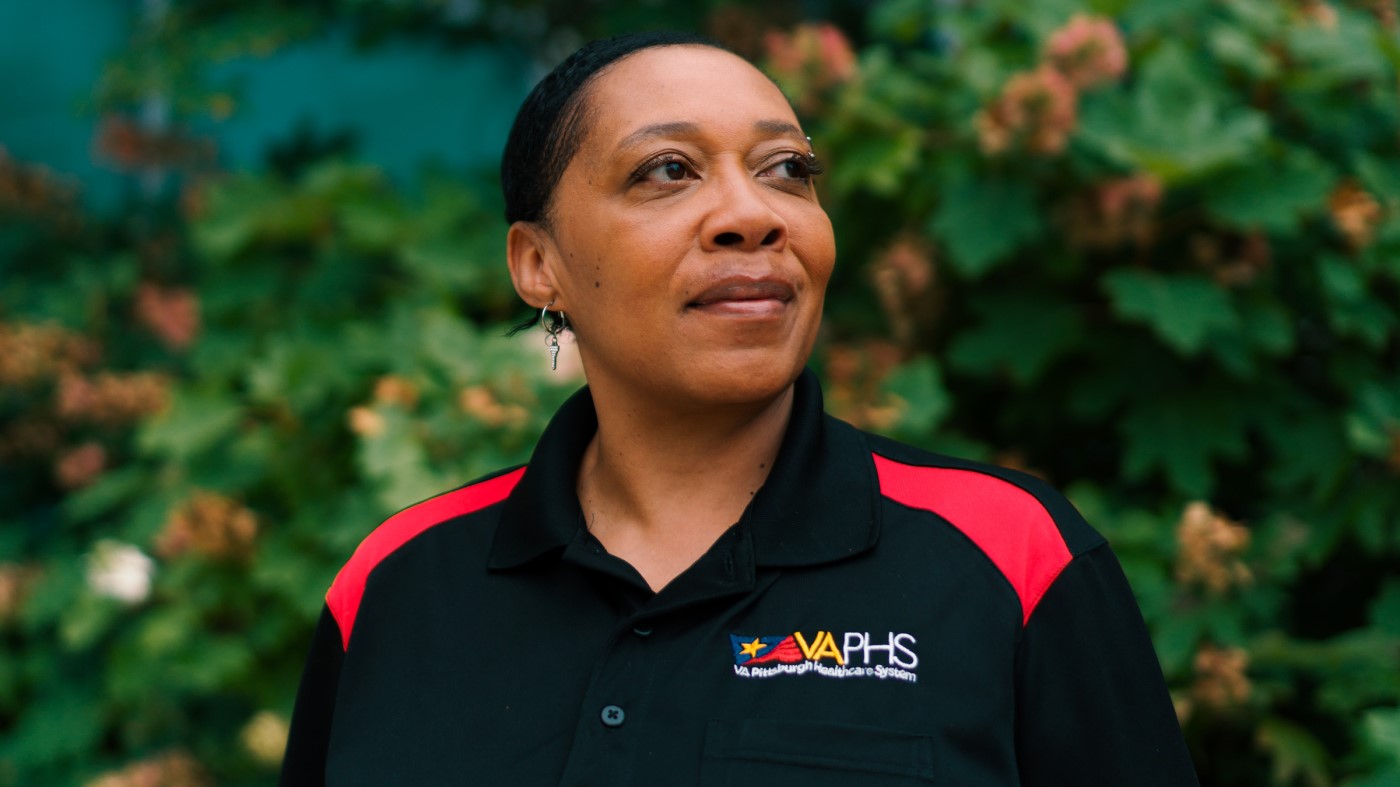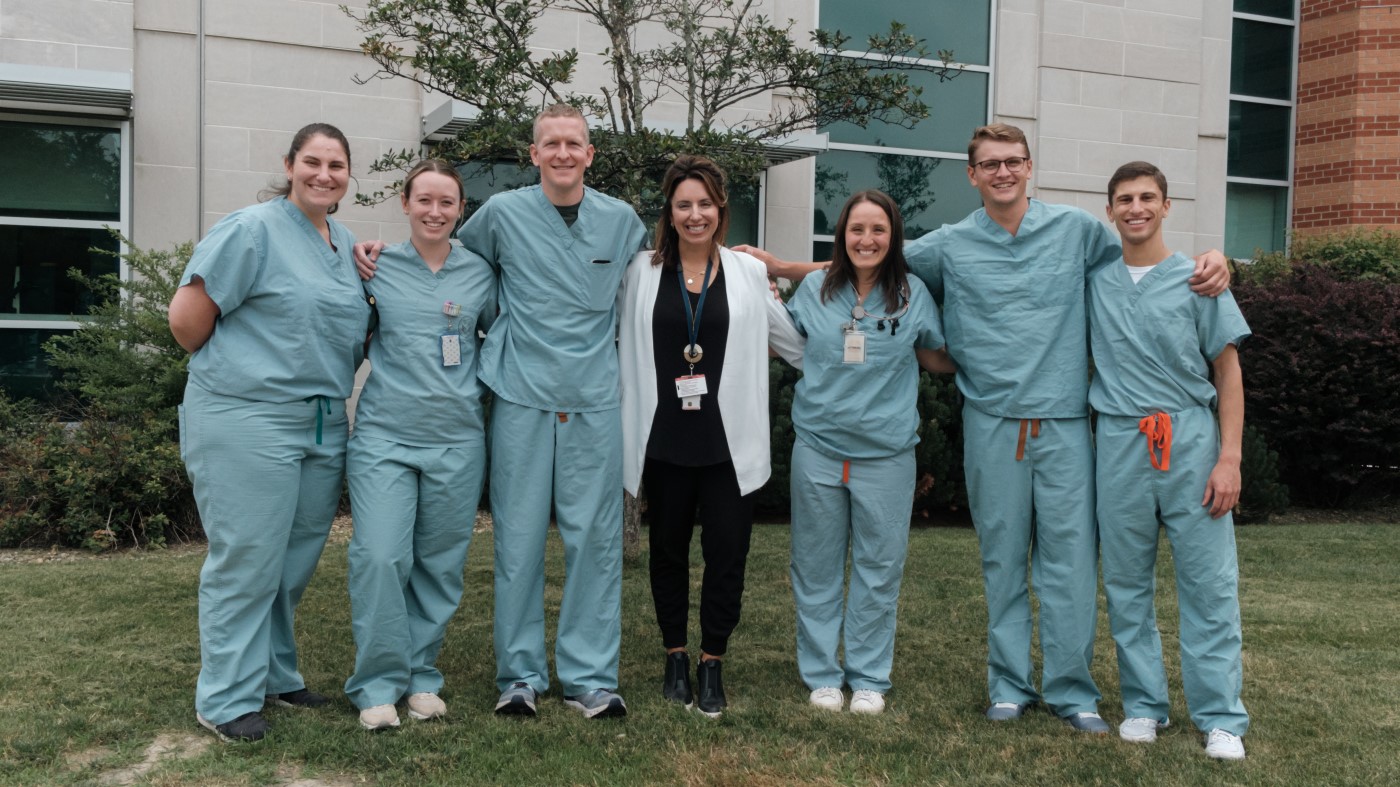I finally retired from the US Army in 2003 after 20 rewarding years. My out-processing was conducted at Ft. Knox, KY and my retirement physical was at the Louisville VA. I was told they were testing a pilot program, which would evaluate transitioning soldiers for VA Disability at the same time as their retirement physical. I had no idea what that meant. Just a long talk from a VA doctor telling me how made my body was and scolding me for not taking better care of myself. I promised him I would do better now.
After my official retirement date, I received a letter from VA that I was rated at 40% disabled. After trying to figure out what that meant, I learned that that portion of my retirement check would be reduced, but not taxed. A few bucks, but no big deal either way.
In 2008, the economy started to change and I began seeking employment in a more stable industry/company. In my search, I recall talking about Veteran Preference and vocational rehabilitation for those seeking employment with a rated disability. I met with a VBA counselor in Texas and learned I was eligible for VOC REHAB. I took tests and identified that advancing education was a possibility for me due to my business experience. The counselor also reminded me that I was eligible for Veteran Preference with federal positions on USAJobs.gov having a VA Rating of greater than 30%. I reviewed and studied the application process, which led to me being selected for a position at VA in 2008.
From my own personal experiences to those of my family through the generations, I’ve had my fair share of dealings with VA. I have had the privilege of visiting VA facilities across the country, from Washington D.C. to Tampa and New Orleans, to Dallas, Houston, Las Vegas, and LA. What I find at each VA facility are great Veterans, great communities and great staff health care professionals that want to make a difference.
I would be remiss to not mention that I occasionally find weakness and areas for improvement at VA. I also have experienced private healthcare and have used Tricare for many years, my wife still does. From the inside, I am able to see both sides of VA, as an internal and external customer.
It affords one a unique perspective and allows one to make the life of Veterans just a little bit better. If you’re interested in learning how you can make a difference in the lives of Veterans, and continue the VA legacy, visit VAcareers.va.gov today.
Topics in this story
More Stories
Whether it’s access to the great outdoors or a calmer pace in your everyday life, you can find it in rural VA communities around the country.
If you’re looking for an opportunity to provide care to Veterans outside a traditional clinical setting, Home Based Primary Care (HBPC) is a great option.
A key part of your job search is finding the right fit for you and your skills, and workplace culture can impact that dramatically.






